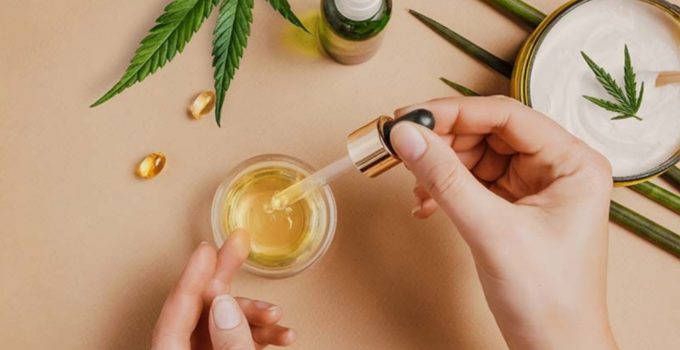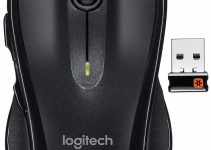The wellness industry has witnessed a meteoric rise in the popularity of CBD oil over the past few years. From celebrities to health professionals, many are endorsing its potential therapeutic benefits. As CBD oil finds its way into everything from skincare products to dietary supplements, understanding its longevity, both in terms of shelf life and its duration in our system, becomes paramount.
What Is CBD Oil?
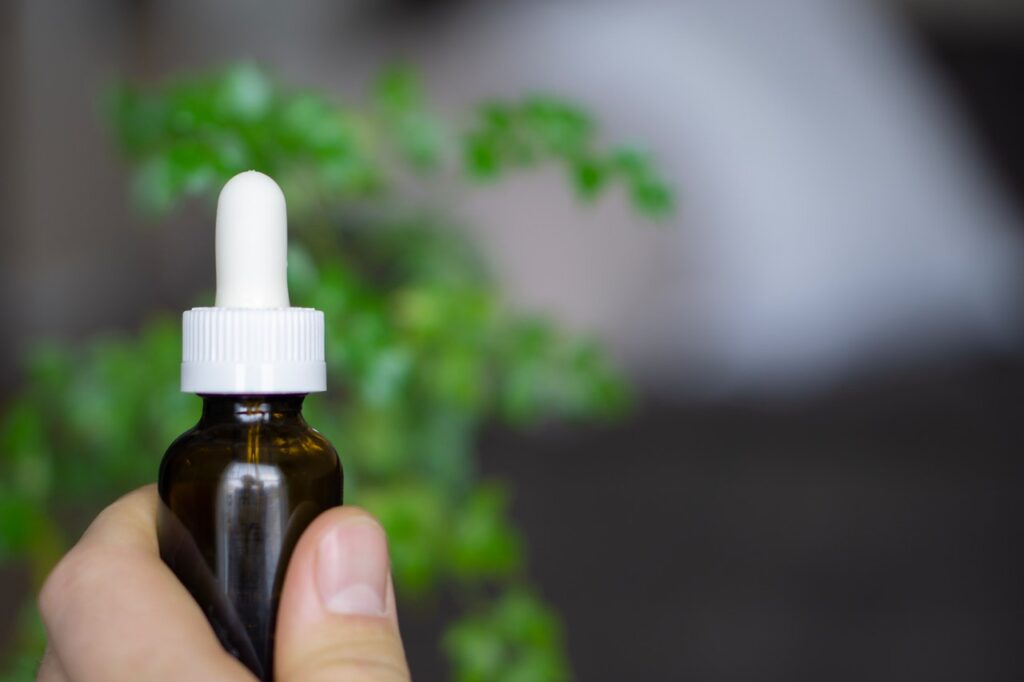
Source: pexels.com
CBD, or cannabidiol, is a naturally occurring compound found in the cannabis plant. Unlike THC (tetrahydrocannabinol), which is known for its psychoactive properties, CBD is non-intoxicating. This distinction has made Cannabidiol a sought-after option for those looking for relief from various ailments without the “high.” This oil is primarily extracted from the hemp plant, a variant of the cannabis plant that’s rich in CBD and has minimal THC content. When it comes to Cannabidiol products, consumers are often presented with three main types of extracts:
Full-spectrum: This extract contains all the phytochemicals naturally found in the cannabis plant, including CBD, trace cannabinoids, terpenes, and oils. It also contains trace amounts of THC, but not enough to cause any psychoactive effects.
Broad-spectrum: This is a mix between full-spectrum Cannabidiol and CBD isolate. It contains all the compounds from the cannabis plant, but all traces of THC are removed post-extraction.
Isolate: As the purest form of Cannabidiol, isolate is 99% pure cannabidiol, with all other compounds removed. It offers a high concentration of Cannabidiol but lacks the potential benefits of the entourage effect, which is the synergistic action of all cannabis compounds working together.
Factors Affecting CBD Oil Duration
The duration for which CBD oil remains active in your system is not a one-size-fits-all answer. Several factors come into play:
Dosage: The amount of Cannabidiol you consume plays a pivotal role. Generally, larger doses remain in the system longer than smaller doses. However, starting with a high dose isn’t always the best approach, as CBD’s effects can be biphasic, meaning low and high doses can produce opposite effects.
Consumption Method: The method you choose to consume CBD can significantly influence its onset and duration. For instance, vaping Cannabidiol allows it to enter the bloodstream directly through the lungs, leading to immediate effects. In contrast, edibles need to be digested, delaying the onset but often providing a longer duration of effects.
Metabolism: Just as people metabolize foods and medications differently, the same goes for Cannabidiol. Factors like age, gender, and overall health can influence how quickly your body processes Cannabidiol.
CBD Oil Consumption Methods
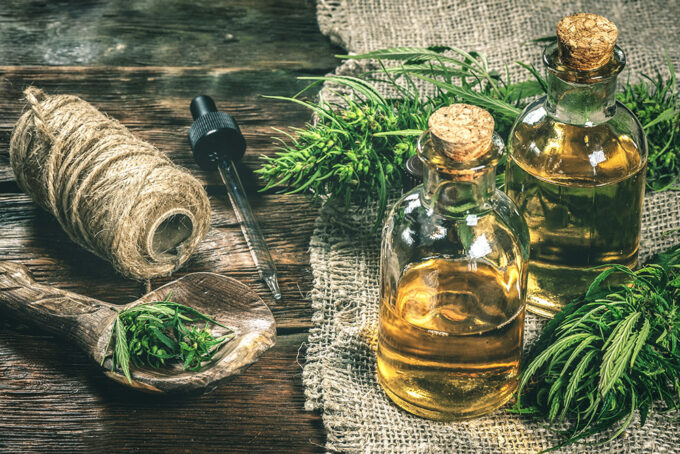
Source: cbdsupplymaryland.com
The method by which you introduce it into your system can greatly influence its effects and duration. Here’s a deeper dive into the most common methods:
Sublingual: By placing CBD oil drops under the tongue and holding them there for a minute or two, the compounds are absorbed directly into the bloodstream through the mucous membranes.
Edibles: Incorporating Cannabidiol into foods or consuming pre-made CBD-infused treats introduces the compound to the system via digestion. This method might delay the onset of effects due to the digestive process, but it often results in a more prolonged experience.
Topicals: Applying CBD-infused creams, balms, or lotions directly to the skin targets localized areas. While the Cannabidiol doesn’t enter the bloodstream, it interacts with cannabinoid receptors in the skin, providing targeted relief. This method is ideal for addressing skin conditions or localized pain and inflammation.
Vaping: Inhaling vaporized CBD oil allows the compound to enter the bloodstream directly through the lungs. This method provides an almost immediate onset of effects, making it suitable for those seeking rapid relief.
How Long Does CBD Stay in Your System?
The concept of half-life, which refers to the time it takes for half of a substance to be eliminated from the body, is crucial when discussing CBD’s duration. On average, the half-life of CBD is about 1 to 2 days for most people. However, the actual time Cannabidiol stays in the body can vary based on consumption methods:
Sublingual and Vaping: Given their direct absorption methods, these can have a slightly shorter duration in the system compared to edibles, typically ranging from 1 to 3 days.
Edibles: Due to the digestive process, CBD consumed in edible form might stay in the system slightly longer, often between 2 to 5 days.
Topicals: Since they don’t enter the bloodstream, topicals’ effects are localized, and determining their systemic duration is less straightforward.
Immediate Effects vs. Long-Term Benefits
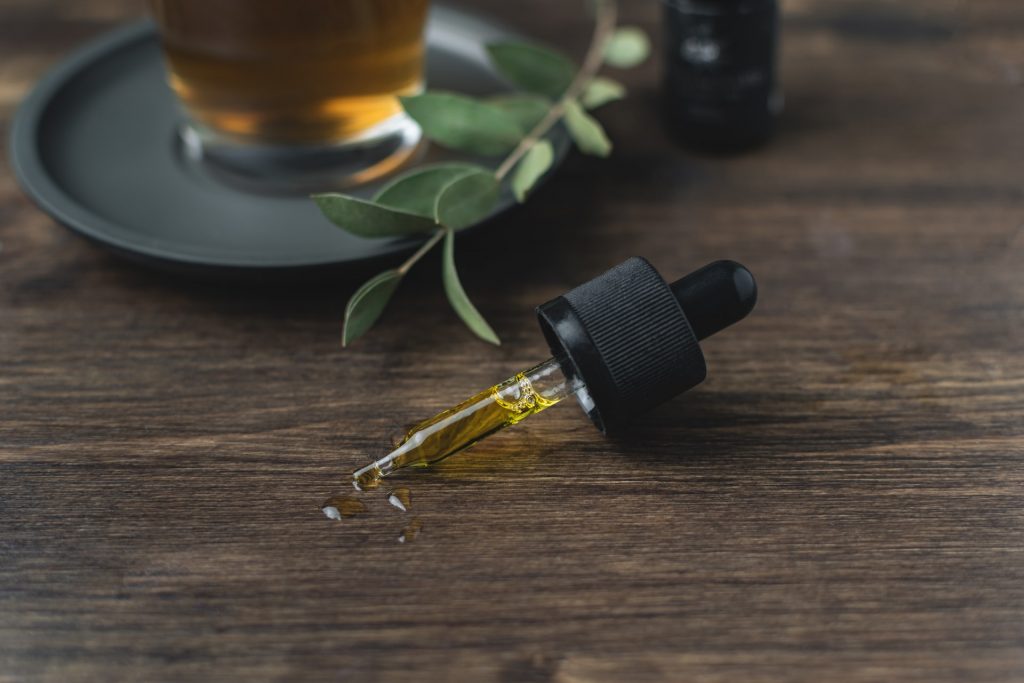
Source: unsplash.com
CBD’s effects can be both immediate and long-term, depending on the concern being addressed. For instance, someone might use Cannabidiol oil for immediate relief from anxiety or pain, experiencing effects within minutes to hours. On the other hand, long-term benefits, such as potential anti-inflammatory effects or mood stabilization, might become more apparent with consistent use over weeks or months.
Dosage Guidelines
Determining the right CBD dosage can be a bit of a balancing act. Factors like body weight, the severity of the condition, and individual body chemistry can all influence the optimal dose. Starting with a low dose and gradually increasing it while monitoring effects is a commonly recommended approach. Remember, more isn’t always better with Cannabidiol.
Individual Variations
CBD’s effects can vary widely among individuals. Factors like metabolism speed, body weight, and even genetic predispositions can influence how one responds to it. For instance, someone with a faster metabolism might process Cannabidiol more quickly than someone with a slower one. Similarly, individuals with higher body fat might retain CBD longer due to the compound’s fat solubility.
Drug Testing and CBD
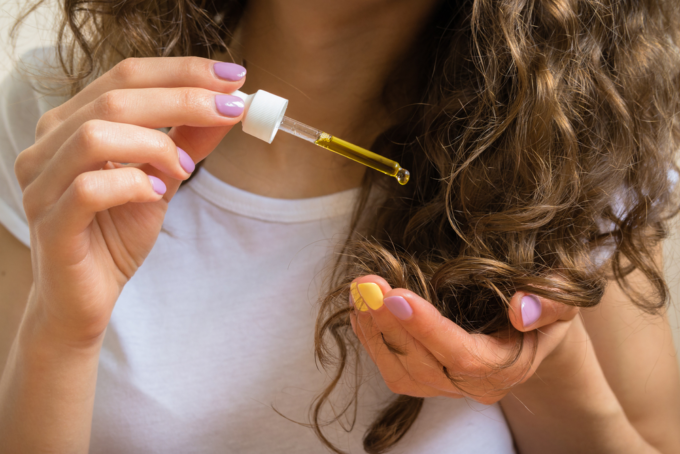
Source: bestcbdfacemask.com
A common concern among CBD users is whether the compound will show up on drug tests. Most standard drug tests screen for THC, not CBD. However, since full-spectrum Cannabidiol products contain trace amounts of THC, there’s a slim possibility of a positive test result, especially with frequent and high-dose use. Opting for broad-spectrum or isolated products can mitigate this risk.
Tips for Maximizing CBD’s Duration
To extend the benefits of CBD oil, consider the following:
Consistent Use: Regular use can lead to more sustained levels of Cannabidiol in the system.
Healthy Lifestyle: Factors like a balanced diet, regular exercise, and adequate sleep can enhance CBD’s effects.
Combination Methods: Using multiple consumption methods, like sublingual drops and topicals, can provide both immediate and prolonged benefits.
Choosing Quality CBD Products
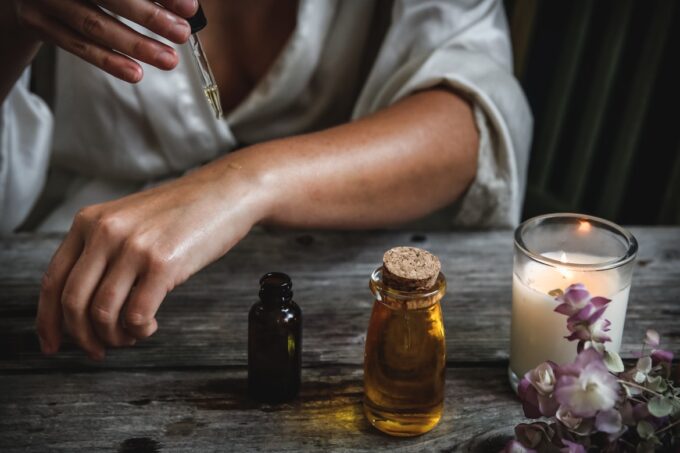
source: unsplash.com
The Cannabidiol market is vast, and not all products are created equal. Prioritize brands that offer third-party lab testing, use organic hemp sources, and provide transparent ingredient lists. Researching brands, reading reviews, and seeking recommendations can lead to better product experiences.

